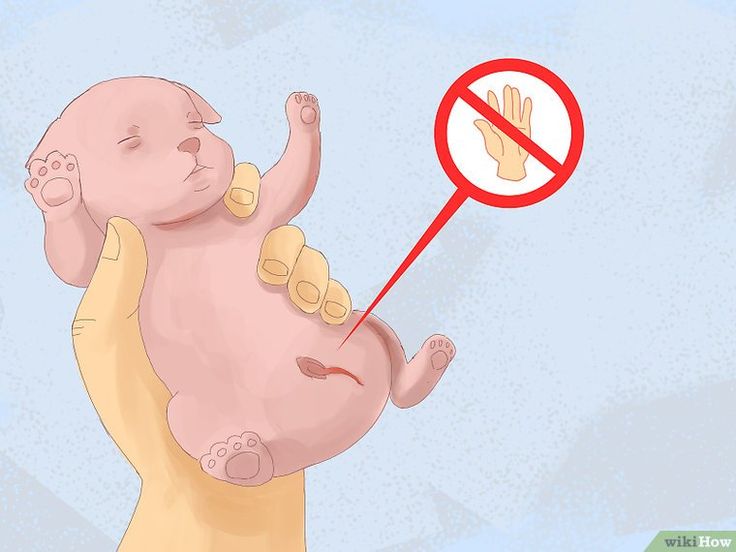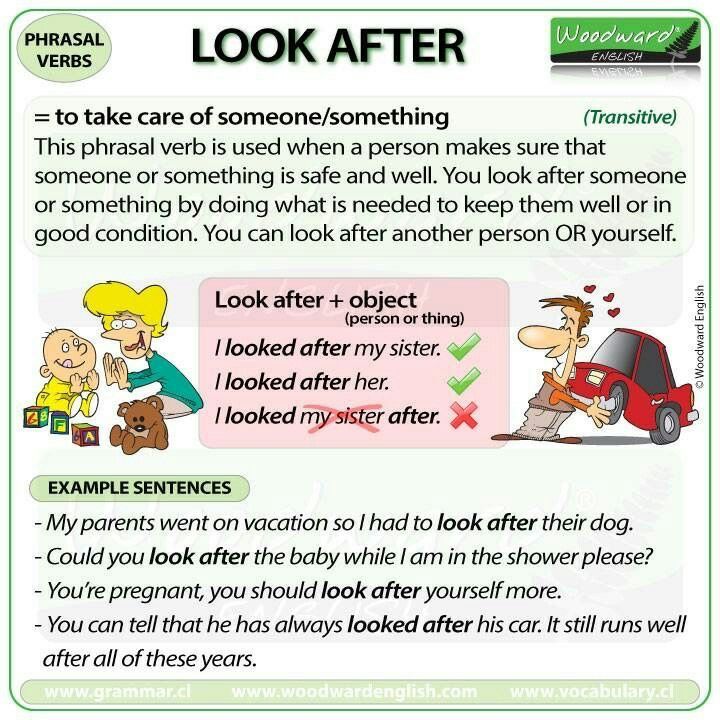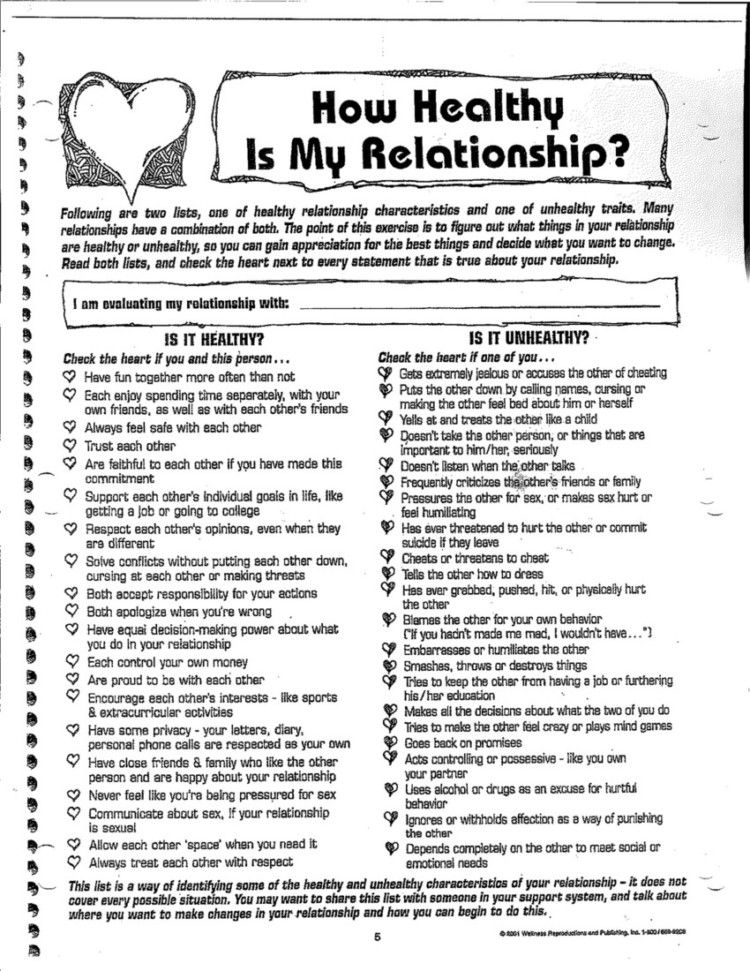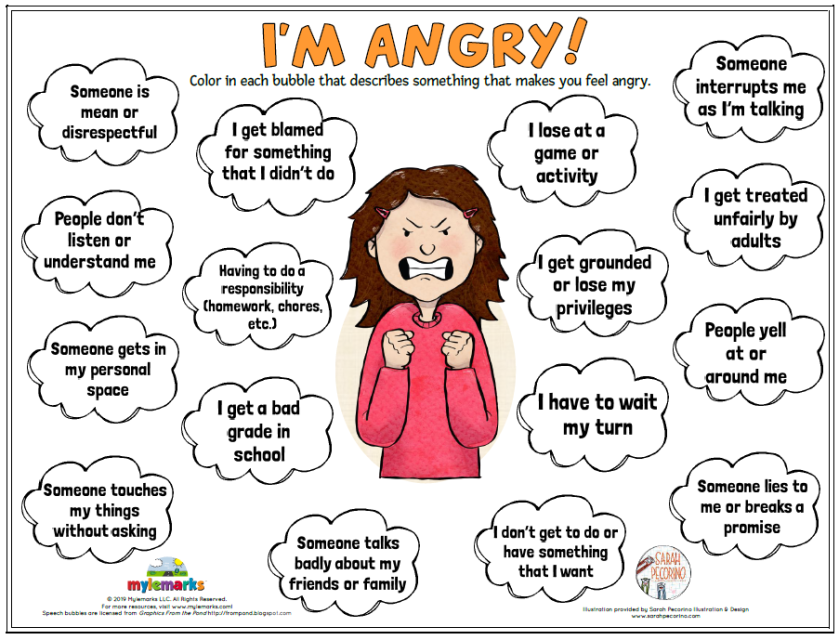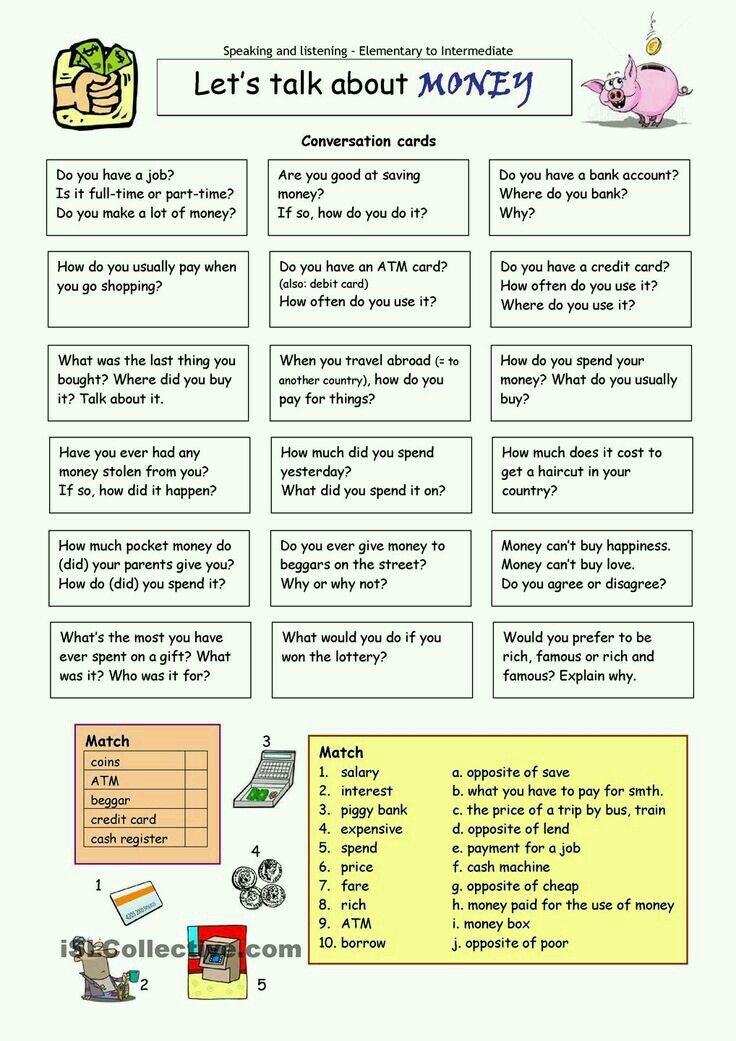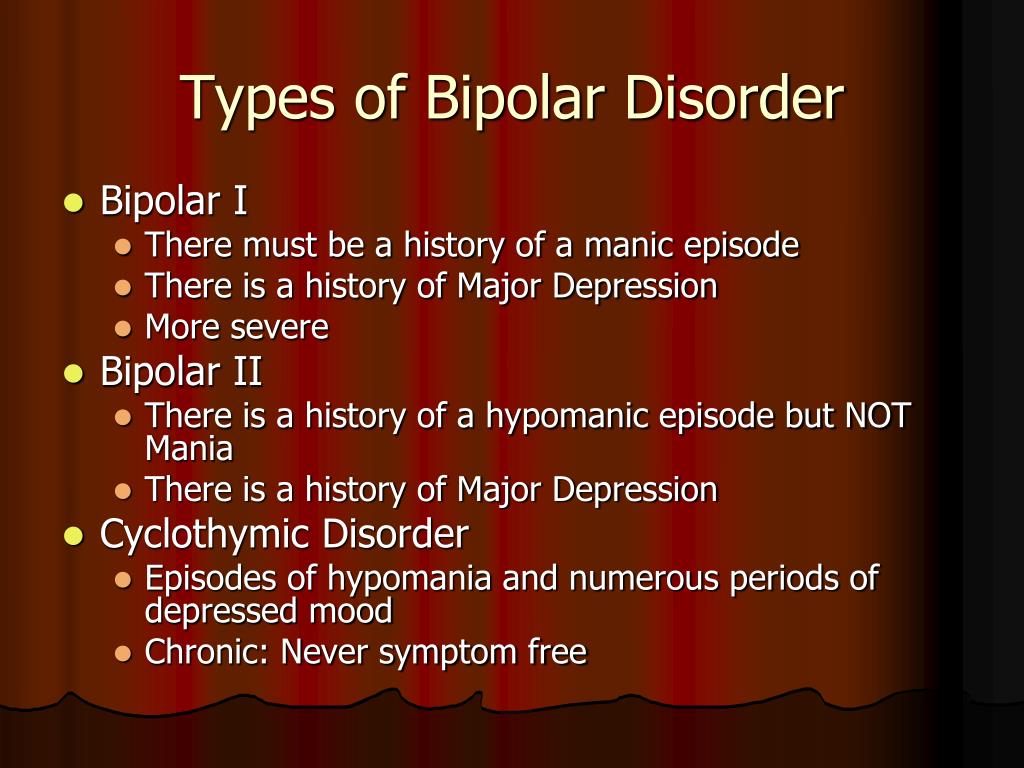How to get rid of negative thoughts in a relationship
How to Let go of Negative Thought Patterns in a Relationship
There are many different things that can destroy a great relationship. Although cheating may be the first thing that comes to mind, experts say negative thinking or overthinking can ruin relationship easier than anything else. To maintain a healthy relationship, it is important to take notice of your unhealthy habits and behaviors such as negative thinking. Negative thought patterns are common in those with anxiety and depression and can cause major issues in a relationship.
It is common to have worries every now and then when you are in a relationship. However, negative thinking is patterns of thoughts such as, “Nothing ever works out for me,” “My ex cheated on me, so he will too,” or “we will just break up in the end anyways.”
It is important to find ways to turn negative thoughts into positive ones. If you go into every relationship thinking that your partner is going to leave you or be unfaithful, you are always expecting the worst outcome of your relationship. If you have negative thinking patterns in your relationship, here are some things you can do to prevent them:
- Let go of the past and live in the present: If you were hurt in past relationships, you may have difficulty forgetting about it and moving on. This is usually caused by trying to avoid getting hurt in a new relationship. If you are bringing up past relationship issues in the new relationship, then you are sabotaging it. It is easier said than done, but to move on you need to let go of any hurt you have experienced in the past.
- Find new ways to channel your energy: Negative thoughts can have a way of making you do irrational things such as looking through your partners phone or thinking you’re not good enough for your partner. If you are looking for validation and reassurance that your partner still cares constantly, it may be a good idea in finding other ways to channel these thoughts. If you feel yourself falling into these negative thought patterns, take some time for yourself.
 Direct your energy to a hobby, go for a walk, learn some breathing techniques, or read a book.
Direct your energy to a hobby, go for a walk, learn some breathing techniques, or read a book. - Never make assumptions: Negative thought patterns will often come from the belief that we know what our partner is thinking. Never jump to conclusions. Instead, try to communicate with your partner for some clarification.
- Vent to one person: We all do it. When we are mad or upset, we vent to people. However, if you are venting to multiple people about how your significant other is making you feel, it can foster additional negativity, and make those around you feel differently about your partner. Instead, pick one trusted person to vent to when an issue arises.
- Make a list of negative thought patterns you are experiencing: A good exercise for you to do is make a list of all the negative thought patterns that you are having. Next to each negative thought pattern write something positive that can happen instead. For example, if your significant other is taking extra long to respond to your text and it’s making you uncomfortable write it down.
 Next to the negative thought, write all the possibilities of why they could be taking long to respond such as, they are busy, they are sleeping, etc.
Next to the negative thought, write all the possibilities of why they could be taking long to respond such as, they are busy, they are sleeping, etc. - Remember that your partner is not perfect, and neither are you: We are all human. We all make mistakes and have imperfections. Not everything your partner does will be “right.” When you feel disappointed in your partner, it is a good idea not to think negatively about the relationship. Instead, communicate your needs to them and how they are making you feel.
- Do not take things too personally: Every relationship has its ups and downs, even the most successful ones. Conversations may feel painful at times. Use the ups and downs to your advantage and find lessons in them.
Healthy thinking can reduce anxiety and depression symptoms. Negative thoughts can increase worry and fear. If you practice healthy thinking every day, eventually it will become natural to you. However, healthy thinking alone may not be enough to reduce anxiety and depression. If thoughts become too overwhelming, it is important to reach out to a licensed anxiety therapist or depression therapist.
If thoughts become too overwhelming, it is important to reach out to a licensed anxiety therapist or depression therapist.
Harmony Bay Wellness in Clementon, New Jersey offers a therapy treatment for anxiety and depression. Our licensed therapists or psychiatrist will create individualized treatment plans to help you feel confident in your relationship. Learn how you can control your anxiety and depression. Reach out to Harmony Bay Wellness for mental health treatment today. Contact our treatment specialists at 855.765.6399.
4 Tips on How to Get Rid of Negative Thoughts in Relationships
In This Article
A partnership is as mental and emotional as physical involvement. The thought pattern one mate incorporates has substantial effects on the union’s health.
If there are purely negative thoughts in a relationship, even from only one person, the entire vibe will be anxiety-ridden, with both partners feeling there are problems where there are likely none.
One concern is that people often focus most time and energy on negative elements or upsetting things instead of recognizing the sound or positive occurrences in life.
If someone were to criticize an error, we dwell endlessly and vent about that critique. On the contrary, if that same person were to say in passing “way to go,” the same energy would not be placed on the compliment.
In fact, many people would find a way to put a negative spin, like trying to figure out what it was supposed to mean or how it’s about time they’re appreciated. The same thing happens in relationships; the power is not merely in the spoken word but what a mate is thinking.
Your constant negative thoughts about a relationship could be affecting its overall health.
What is negativity in a relationship?
Negativity in relationships is an unhealthy pattern of retaining feelings of fear, anger, sadness, frustration, or perhaps resentment if a partner says or does something that might upset you. You might imply that you’ve moved past the incident, but you’re carrying these negative emotions.
You might imply that you’ve moved past the incident, but you’re carrying these negative emotions.
Maintaining a healthy partnership is tough enough, let alone dealing with an opposing spouse or mate. If you carry fear or negativity concerning a partner, it can deteriorate the connection you’ve established. It’s essential to communicate so these sour feelings can revert to positivity instead of hiding real feelings.
What causes negative thinking in a relationship?
Typically the cause of negative thinking in a relationship is when a partner says or does something that upsets you. Instead of having an open, honest discussion or argument about the issue, you keep these feelings to yourself.
Expressing hurt or upset feelings instead of internalizing these things is essential rather than dwelling on negative thoughts. This thinking begins to cause the two of you to drift apart and can ultimately result in the partnership’s demise if not eventually handled.
Check out these two books in one, helping to eliminate negative thinking for union and overcoming couple conflicts.
10 Signs of a negative relationship
If you’re the person on the receiving end of a negative relationship, it can be draining of your energy and overall make you feel plain bad. You might not immediately recognize the problem, but ultimately you’ll notice warning signs that set off alarms. Here are a few tips.
1. There is no longer solace in the partnershipWhen a mate holds onto negative thoughts in a relationship, the stress and tension from a long, exhaustive day carry over into the home environment with no solace from your partner.
Generally, there’s a lessening of these feelings at the very sight of the one you love. When that doesn’t happen, or if it worsens, it speaks to the effect of negative thoughts on marriage or a relationship.
That means you either communicate your dissatisfaction in attempting to resolve the problem or consider separating from the individual since they’re making no effort to move past their negativity. You don’t want to get sucked into the pattern.
Even when you’re supposed to be enjoying time together, there is a noticeable void between the two of you; no sense of wholeness, instead, feeling empty.
Your mate is making little effort to fill the space, offering no communication and maintaining a cool distance. When there is a conversation, it’s more bickering than pleasant.
3. Sharing feels unnaturalIn the beginning, sharing every second of the day was expected regardless of how small the accomplishment or the event that occurred. With the negative thoughts in a relationship, it seems unnatural to share now.
These small details now are met with disdain and critiqued instead of applauded. You now feel better calling a friend or family member at the end of a day to go over the day’s activities.
Related Reading: 8 Ways to Build an Emotional Connection with a Woman4. There is a sense of insecurity
Where once there was safety and security in the relationship, there is now unsureness.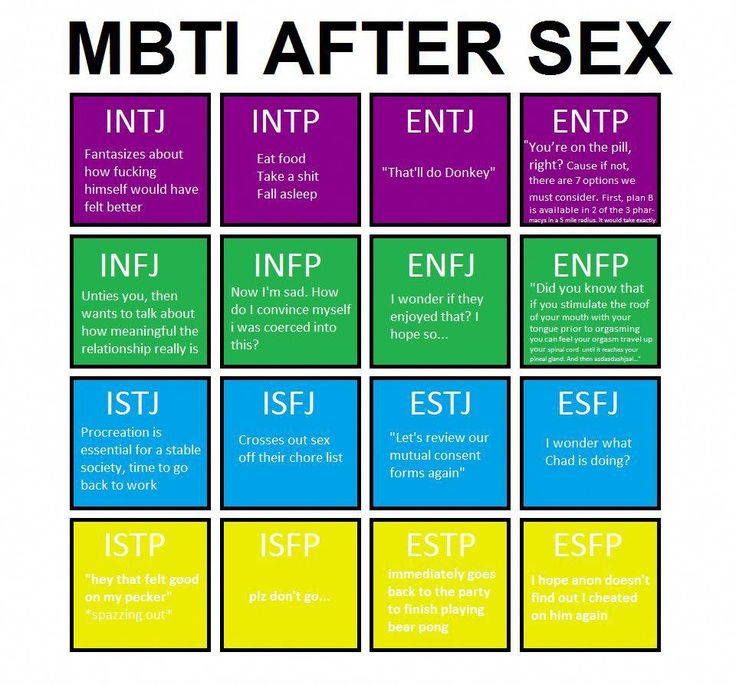 At one point, you could spend some time away with friends and family, enjoy independence or individual interests, or enjoy some personal space and quiet time simply going out shopping alone.
At one point, you could spend some time away with friends and family, enjoy independence or individual interests, or enjoy some personal space and quiet time simply going out shopping alone.
But now, there is constantly questioning as to why you feel the need to venture out alone or asking if friends and family have become more important to you over them.
Questions you’ve never had to deal with before, now your mate is suddenly paranoid about your behavior when they’re not around because the controlling negative thoughts are taking over.
Related Reading: 10 Tips to Avoid Negativity in Marriage5. There is continuous complaining about everything
When there are negative thoughts in a relationship, one of the primary signs is there is rarely positive feedback regardless of the effort, whether it be around the house, with finances, when out in social situations.
Burning negative thoughts lead to nothing but complaints in every scenario, leaving you with a loss of confidence and lessening self-esteem.
There is an apparent resentment from your partner for some wrong they believe you’ve committed. Coming forward with that detail with clear communication is not happening, and you’re unsure of what occurred to lead to the possible demise of the partnership.
Related Reading: How to Stop Complaining in a Relationship6. There is no building up or help with growth
When your partner is always negative, there is no longer support; instead, it almost feels as though they demean instead of encouraging growth or building you up to work towards your goals and dreams.
Any time there is an effort to try a new hobby or engage outside of your comfort zone, your mate does their best to hold you back now, demonstrating a lack of confidence in your abilities and almost placing little importance on the news you share about new possibilities, a promotion at work, or personal accolades you could be up for.
This is one reason you’ve been sharing with friends and family instead of finding it pertinent to talk with your partner over details in your private life.
While you desire to feel a sense of love and caring, the outward appearance is that there is none due to the negative thoughts in the relationship.
It’s constant negativity in a relationship that ultimately leads to one person feeling like finding someone who can provide the loving feelings they’re missing out on at home.
The partnership is no longer fulfilling since your mate won’t stop thinking negative thoughts even though you attempted to speak about the issue. Still, they either aren’t recognizing what’s happening or are having difficulties understanding. The only recourse seems to be to dismiss the union.
8. Arguments and bickering have become the course of the dayInstead of constructive communication, there are constant arguments and bickering between you. You seem to endure regular complaining leading to snapping at your mate, which develops into a full-on argument.
Each attempt to redirect negative thoughts to try for a healthy conversation is met with adversity.
If you’re having difficulty recalling moments when you snuggle on the couch watching a movie, take a nice walk hand-in-hand or even share a kiss, that’s an indication that your mate is not letting go of negative thoughts but allowing them to consume their mind.
It results in your partner viewing you in a negative light each time they merely see you instantly, causing them to react regardless of the situation leading to contention and fights.
Attempting to discuss the issue would be ideal in a healthy circumstance, but given the fact that your significant other is overwhelmed by negative thoughts in a relationship, discussing anything in a positive, healthy context will prove challenging, if at all possible.
9. Decisions are made without discussionWhen each person opts to make crucial decisions without discussing the subject, there are undoubtedly negative thoughts in a relationship on the part of at least one member in the partnership.
Significant life decisions need to be carefully thought through as partners. It’s one thing to decide whether you’ll purchase new items for the home, but whether you’ll take a promotion or even take a financial investment is each thing that can speak to the deterioration of a relationship when decided separately.
It’s one thing to decide whether you’ll purchase new items for the home, but whether you’ll take a promotion or even take a financial investment is each thing that can speak to the deterioration of a relationship when decided separately.
That’s especially true if the promotion requires moving. It means you’re trying to make a negative situation work.
10. Lies are second natureWhen you begin to lie to each other and know that you are doing so, it leads to trust issues. Trust is exceptionally challenging to repair, primarily if the lies are related to one or even both of you stepping outside of the partnership in either an emotional or physical affair.
Before it gets to that point, it’s better to talk about how negativity can kill a relationship advising your partner that is what’s happening with the two of you.
Remind your partner that the lies are not helping but more so hindering what is already a volatile situation and that if they want to repair the union, a third-party counselor is a way to receive help.
You can’t do it alone because it’s been going nowhere; instead, becoming worse to the point that you’re being false with each other. There is all likelihood that a mate can deny the issue of negativity in a relationship by attempting to point the finger in an accusatory gesture.
In that case, you realize the partnership is no longer important to them. That means you need to become involved in individual counseling and move forward on your own, finding a healthy relationship and ridding yourself of this toxicity.
Here is research to help you see how negativity can kill a relationship.
Check out this video about the types of lying and dealing with these relationship lies:
How to let go of negative thought patterns in a relationship?
Everyone has the potential for overthinking when it comes to a relationship, with our brains succumbing to constant thoughts in a given minute throughout each day.
Still, it’s essential to recognize when these patterns become unhealthy for our mates and us in a partnership through negative thoughts in a relationship.
These can wreak havoc, causing the union to deteriorate steadily and, if not handled, ultimately end.
The negativity needs to be redirected into positive thought processes whenever possible, using steps that allow you to feel them but then also to release them. Learn the magic relationship ratio with this study. Let’s look.
Remind yourself that your thoughts don’t define you. You are holding them while taking a look at the negativity and keeping it in a safe place but choosing not to react at the moment.
Give them a separate identity apart from your own, so you know you do have control over them. It gives you perspective, lets you understand that negativity is a temporary element in your life.
Once you have identified the negative thoughts in relationship with their own label, it’s time to acknowledge that they do exist. They will nag at you until you do, like an annoying, loud, obnoxious puppy dog.
They will nag at you until you do, like an annoying, loud, obnoxious puppy dog.
When you finally get tired of the sounds, pay attention to what it is they’re “saying to you” so you can learn why they’re there.
You might believe it’s due to something your mate did or said, but find that it’s related to a past relationship. An excellent way to do this is through journaling or even meditation.
People are often afraid to allow themselves to feel the emotions they’re having. That’s precisely how to stop thinking negative thoughts when you let yourself think them, acknowledge them, feel them and then let go.
When you employ deep breathing while tuning into your body, regardless of which area in the body you’re holding the negative thoughts, you’ll develop greater clarity as to why these negative thoughts exist and a sense of how to resolve the issues.
In reality, negative thoughts in relationships and any other scenario are meant to protect us. They alert us or warn us of potential harm. They are entitled to a “thank you” more than fear or dislike. Without these, there would be no indications when things were somewhat off.
They are entitled to a “thank you” more than fear or dislike. Without these, there would be no indications when things were somewhat off.
While we need to accept the annoyances, they also need to take a supportive role and not take control. You can only give them the time to figure out why they present themselves and then consider how to release them.
There are numerous ways you can release these, with a letter venting about the issue bringing you to this point so the mind can empty of the thoughts or speaking with a friend, possibly your mate, to serve the same purposes.
Related Reading: Not Feeling Grateful? Here’s Some Useful Relationship Advice
Once the thoughts have been let go, you can’t let them back in. It will help if you replace these with positivity.
Final thoughtNegative thoughts in a relationship can fester, ultimately helping to deteriorate what was a healthy union. When you see that your partner does not recognize the behavior and you have minimal effect with constructive communication, the only step is third-party couple’s counseling if you believe the partnership is salvageable.
How to deal with bad thoughts: 7 techniques
331,449
Know YourselfPractices how to
It turns out that there are a number of methods that will help block the appearance of bad thoughts or deal with them if they have already come. These are the methods offered by the American psychologist Daniel Wegner, who has devoted decades of his life to the problem.
1. Switch
Don't try not to think of a white monkey - think of a black one instead. Better yet, a purple flamingo. Try to switch your mind to some other subject that you also like to think about very much, but which at the same time has positive connotations. nine0003
Get yourself a few "continued" thoughts that raise more and more questions and the need for answers to them - and therefore draw you into a completely different stream of thoughts. Is it true that Brad Pitt has silicone muscles? I read about it somewhere. But if so, how does he use them? After all, silicone is not able to contract like real muscles - or is there some way to make it do this?
The more you shake up your emotions, the weaker the brain is before the "alien invasion" of unwanted thoughts
And then there is the conspiracy theory that our Earth is really flat, and only a group of evil scientists have been convincing us for several centuries that it is spherical. Wait, what about satellite images and records from space? And they are falsified by the same scientists. But what about the poles? There is only one pole - the North one, it is in the center of the Earth, which is flat as a disk, and along the edges of the disk there are glaciers that scientists pass off as Antarctica.
Wait, what about satellite images and records from space? And they are falsified by the same scientists. But what about the poles? There is only one pole - the North one, it is in the center of the Earth, which is flat as a disk, and along the edges of the disk there are glaciers that scientists pass off as Antarctica.
And so on - soon the seething stream of this nonsense will take you in a completely new direction. nine0003
2. Avoid stress
Some people find that a strong impression will help them cope with intrusive thoughts, such as a scandal with their neighbors or a naked run through a winter city at night. However, studies show that the more you shake up your emotions, the weaker the brain is before the "alien invasion" of uninvited thoughts. On the contrary, try to calm down and rest - the more strength you have and the better your brain is, the more chances you have to repel an attack. nine0003
3. Set aside bad thoughts
Agree with an obsessive thought - you will definitely pay attention to it, but only later. Include in your daily schedule "half an hour for painful thoughts" - but not before bedtime, but, for example, at the height of the working day. Thinking about what is bothering you during your lunch break will quickly take your mind off your problems and plunge back into work.
Include in your daily schedule "half an hour for painful thoughts" - but not before bedtime, but, for example, at the height of the working day. Thinking about what is bothering you during your lunch break will quickly take your mind off your problems and plunge back into work.
Sooner or later, the subconscious will get used to the fact that obsessive thoughts have their own time with strictly defined limits, and will stop pestering you at other hours. Now you can think about how to exterminate annoying thoughts at this time. nine0003
4. Concentrate on the obsession
Once upon a time, a patient came to the great physician Abu Ali ibn Sina, who complained that his eyelid was twitching. Ibn Sina prescribed him an extremely dubious remedy: every hour to begin to blink on purpose with an obstinate eyelid. The patient chuckled, but promised to strictly follow the prescribed.
Meditation is a great way to organize your mind, making your thoughts under control
A few days later he came to thank the doctor.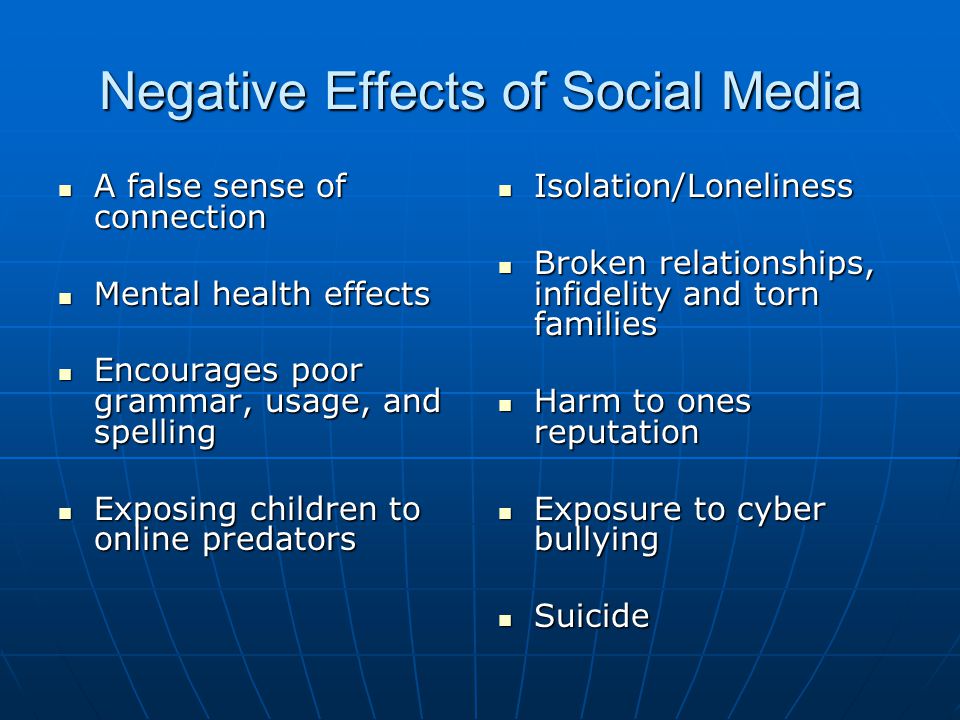 Like the remedy prescribed by Ibn Sina, this method works on the principle of "by the contrary": when an obsessive thought comes to you, try to force yourself to think it over from all sides, turn it this way and that, make yourself afraid that it will slip away from you - and you will soon feel that her grip is weakening and she herself would be glad to escape from you. nine0003
Like the remedy prescribed by Ibn Sina, this method works on the principle of "by the contrary": when an obsessive thought comes to you, try to force yourself to think it over from all sides, turn it this way and that, make yourself afraid that it will slip away from you - and you will soon feel that her grip is weakening and she herself would be glad to escape from you. nine0003
5. Recognize the inevitability of a bad thought
Another way, somewhat similar to the previous one, is to replace the fear of the appearance of an indestructible thought with complete indifference to it. Learn to think of it as something external: for example, if it is the thought that a loved one left you, get used to the idea that this thought has nothing to do with him (or her), but exists on its own: here now I will go to bed, and my number one Thought will come to me again.
Accustom yourself to the fact that this thought does not develop and does not tell you anything new - it just comes and goes, as twelve o'clock at night or winter come and go.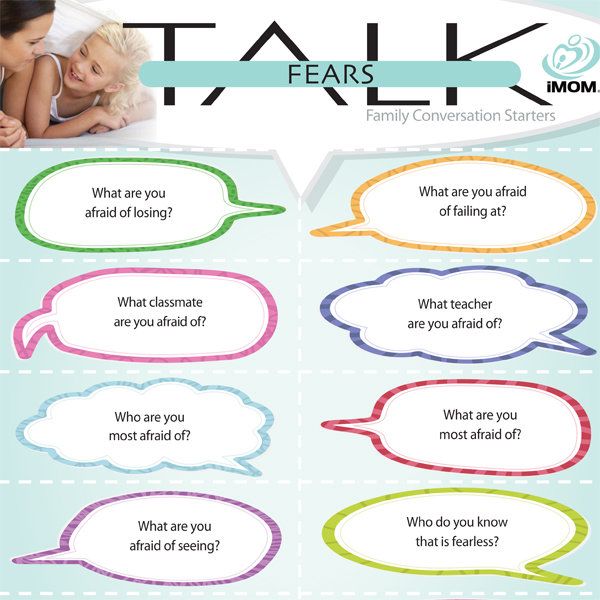 And very soon you will feel that she is really leaving. nine0003
And very soon you will feel that she is really leaving. nine0003
6. Meditate
Meditation is a great way to organize your mind, bringing your thoughts under control. Practice it daily, trying to achieve a state of complete thoughtlessness. It is not easy, but if you learn how to do it, you will be able to induce this state at will, including it at the time of the day when you are most prone to bad thoughts, or in the situation when you become most defenseless against them.
Obsessive thoughts are especially fond of people who have neither a major lifelong goal nor an interesting hobby
If an evil thought does not receive positive reinforcement in the form of your willingness to devote your brain resources to it, it begins to weaken - and soon disappears.
7. Think about your goals
How is a bad thought different from gas? Gas, as we know from a physics textbook, occupies the entire volume provided, and a bad thought is not yet provided .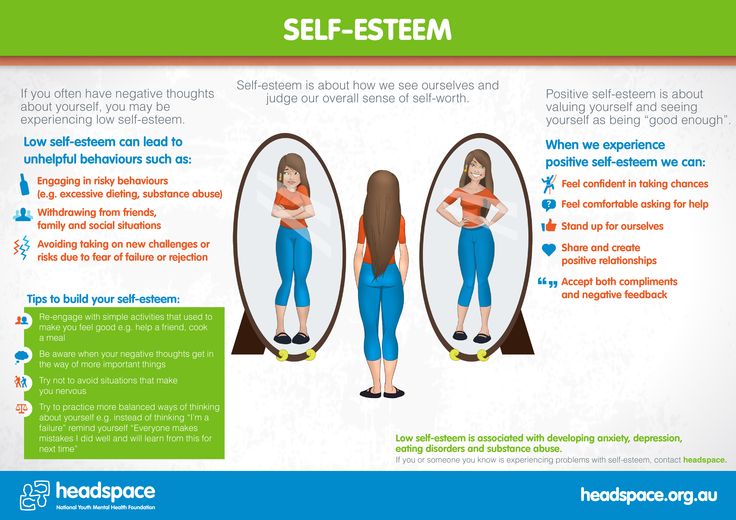 .. It teaches us to concentrate on it, forgetting that there is so much good in the world that it is much more pleasant to think about. nine0003
.. It teaches us to concentrate on it, forgetting that there is so much good in the world that it is much more pleasant to think about. nine0003
Obsessive thoughts are especially fond of people who have neither a major lifelong goal nor an interesting hobby. Take yourself out of the state of sad thoughts, thinking about the path to success, about what will bring you satisfaction. If you make an effort, you will gradually be able to accustom yourself to positive dreams.
Text: Ilya Nosyrev Photo credit: Getty Images
New on the site
“My daughter starts every morning by saying how tired she is of life”
Balance wheel: setting financial goals for the new year
5 books to help you make important choices
Labyrinth of fear: how to find your way out - 5 important quotes
“The guy doesn't help with the baby at all. Why is everything so unfair?
“I'm afraid of a relationship with a new guy. What to do with constant anxiety?
"Partner does not comply with my requests": how to fix it
"Code alcoholic is a bomb that will blow your life one day": the story of one divorce
How to get rid of negative thoughts: 4 techniques
Skip to contentTOP-4 techniques for getting rid of negative thoughts and emotions
Negative thoughts in the head attract negative events in life.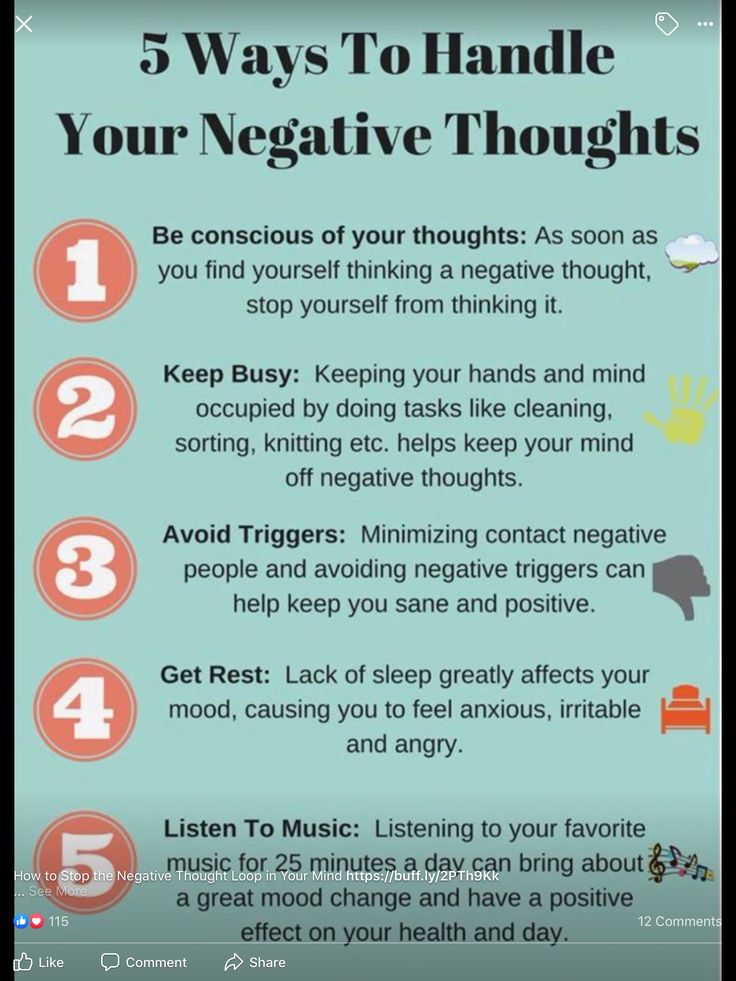 And the stronger these negative thoughts, the more destructive the events. The point here is not even in the force of attraction and not in the materialization of thoughts - the point is only that as you think, so you act. In other words, thinking about your worthlessness, you subconsciously will do everything to find proof of this thought in real life. nine0003
And the stronger these negative thoughts, the more destructive the events. The point here is not even in the force of attraction and not in the materialization of thoughts - the point is only that as you think, so you act. In other words, thinking about your worthlessness, you subconsciously will do everything to find proof of this thought in real life. nine0003
The only difficulty is that negative thoughts give us an influx of strong (albeit negative) emotions, experiencing which we get a specific satisfaction. Moreover, the poorer in events and emotions our life is, the more dramas happen in our head.
The human need for strong emotions on the example of unrequited love is famously described here .
To remove negative thoughts and not “pull” extremely painful events into your life, I recommend you use these four effective psychological techniques for getting rid of negativity! nine0003
Technique No. 1 — “Cutting off”
As soon as you feel that a negative thought has “inflamed” in your mind, take it and just… cut it off.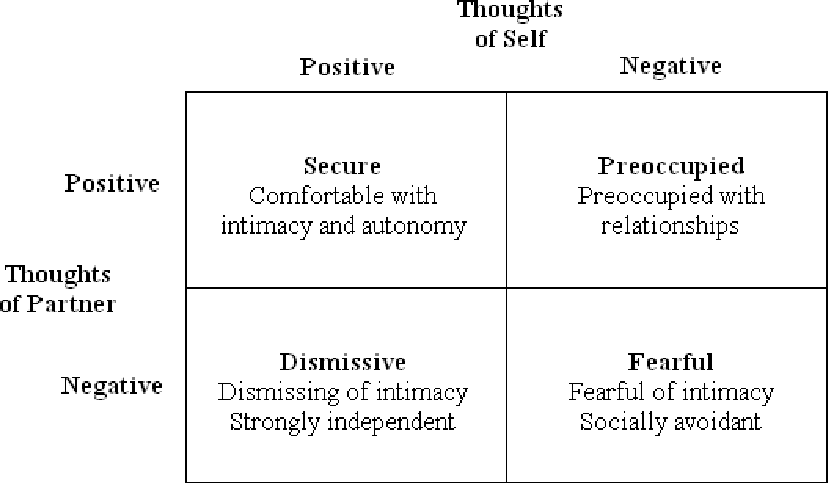 Literally. Imagine that you pick up scissors or a knife and cut it off from the flow of thoughts, like a paper picture.
Literally. Imagine that you pick up scissors or a knife and cut it off from the flow of thoughts, like a paper picture.
You don't need to analyze it, you don't need to argue with it, you don't need to defend yourself against it - just mentally cut it off from yourself and put something else - beautiful and pleasant - in its place.
The key principle here is that you must do it immediately, the very moment you feel the thought start in your head. nine0003
Technique #2 — “Label”
This technique is as follows: instead of getting rid of or cutting off this thought, we simply move away from it ... and observe it from the outside. It’s like they glued it to the refrigerator, and we look at it, evaluate how the audience evaluates the performance. At the same time, you need to be strictly in the 3rd position (the position of the observer), not allowing yourself to be controlled in the process. Imagine that this negative thought has appeared in the mind of someone else, and you are simply analyzing it. Keep an eye on your grades:
Keep an eye on your grades:
- what do I think about this?
- what do you feel?
- What would I advise a person with such an idea?
But you name the thought itself as if in quotation marks, thereby determining its place. And just watch her, giving her an assessment.
Technique #3 - "Exaggeration"
Another great way to deal with negative thoughts is to blow them out of proportion. The goal is to take the importance out of the thought, to make it funny, to play with it. Just like in Harry Potter, when the students had to make fun of their fears. nine0099 Imagine this. You are a salesperson who cannot go to a potential client due to fear of rejection. In this case, you should say to yourself: “OK, I can’t sell anything. Because I'm afraid. What exactly? Well, what if I come to this person, he will open the door and ... hit me? And then a crowd of people with water will come running and start watering me, while mocking me. And then I will be hurt, ashamed, I will be all wet and beaten .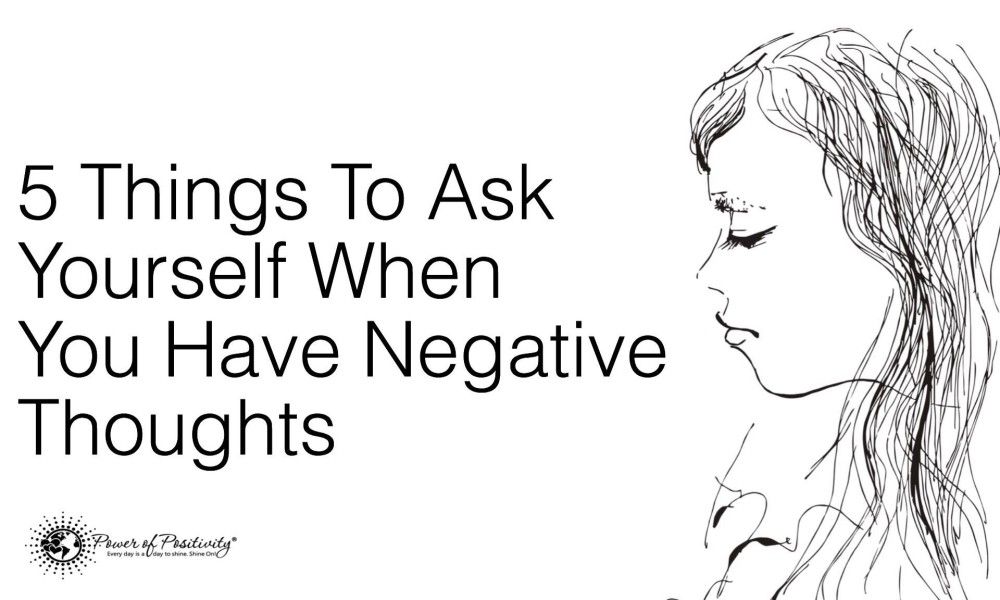 .. Then they will set the shepherd dogs on me ... And now I am all wet, all bitten and beaten back to the office. And you know what's there? There, all the employees hung up posters with the words “Idiot, why did you come back?”, look askance at you and giggle contemptuously. nine0003
.. Then they will set the shepherd dogs on me ... And now I am all wet, all bitten and beaten back to the office. And you know what's there? There, all the employees hung up posters with the words “Idiot, why did you come back?”, look askance at you and giggle contemptuously. nine0003
Pure absurdity, you will agree. But it is precisely absurdity that can deprive a negative thought of its power.
Technique #4 - "Confrontation"
Another way to clear your head of a negative thought is to contradict it. But to contradict not with words, but with images, pictures. As soon as the thought “I will not be able to make a sale” enters your head, you should put in its place a completely contradicting thought and its accompanying visuals. Imagine how easy it is to make a sale. nine0003
If the thought “I will never make the money I dream of” comes to you, you should immediately respond with the complete opposite and say to yourself “I will definitely achieve huge financial success.



